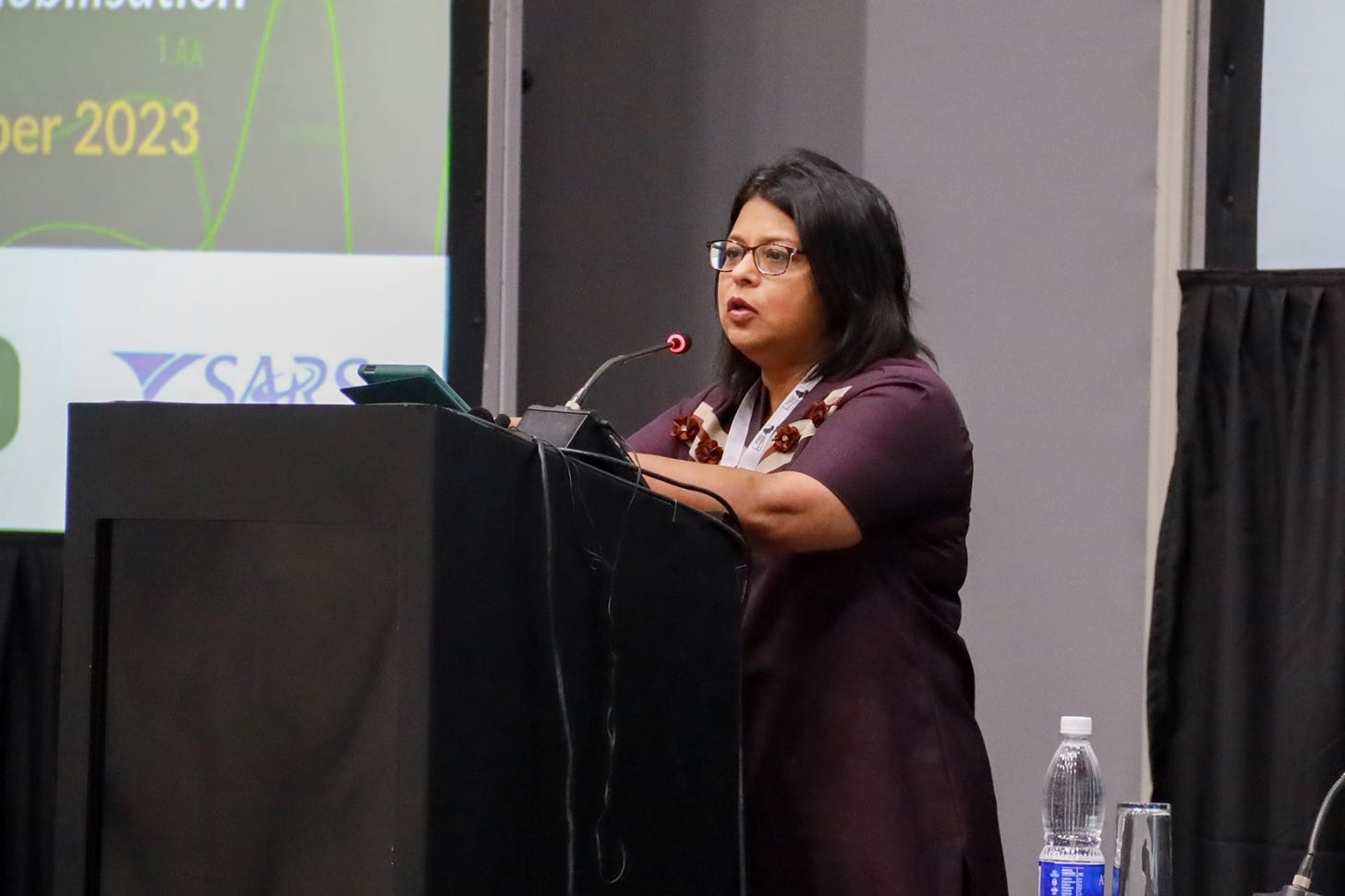Study Finds African Tax Policies Overlook Women, Informal Economy
AWITN welcomes the participation of African women engaged in taxation across various sectors, including government, the private sector, civil society, and academia.
CAPE TOWN, South Africa-A recent study by the African Tax Administration Forum (ATAF) reveals that many tax policies neglect the informal economy and the significant role women play in it, while unpaid work remains largely disregarded, writes Rachel Mkundai.
The study says that, as a result, governments often struggle to fund women's programs aimed at promoting gender equality in relation to tax issues.
The ATAF study on tax policies identified efforts to address explicit bias in the tax systems of the 16 countries examined in 2022 but noted the existence of implicit bias.
"Our research showed that a number of countries are already leading the way by integrating gender considerations into tax policy and evaluation and tax administrations to ensure greater equity and inclusively focusing on tax policies presents a significant opportunity to advance gender equity by addressing systematic biases and discrimination faced," said Susan Nakato, ATAF's Manager of Strategy Planning, Information Management, and Reporting.
To ensure tax policies meaningfully consider evolving gender roles, tax administrations must address gender-specific barriers to tax compliance and administration, Nakato said.
Simplifying the tax process, offering gender-responsive guidance and assistance, and providing compliance flexibility to alleviate burdens on women, especially those with caregiving responsibilities or limited resources, are crucial steps in this regard, she added.
Nakato presented the findings at the ATAF Annual Meeting in Cape Town, South Africa, from Oct. 31 to Nov. 2, which carried the theme "Africa Rising: Sustainable Growth Through Revenue Mobilization."
The study, titled "Are Tax Policies Developed to Reduce Gender Inequality in ATAF Member Countries?", involved 16 countries: Angola, Cameroon, Ivory Coast, Kenya, Egypt, Ghana, Morocco, Mozambique, Nigeria, Seychelles, Sierra Leone, South Africa, Tanzania, Togo, Uganda and Zambia.
In March 2021, ATAF launched the African Women in Tax Network (AWITN) to represent and connect African women working in taxation.
The network aims to further discuss the effect of tax policy on gender equality and empower women in tax, according to Nana Mensah, AWITN's technical lead.
The network "aims to look at tax and gender from different perspectives, including, but not exclusively, implicit biases in tax structures, differing experiences of women in relation to tax officials, whether men and women react to compliance measures differently, the role of women in the tax administration, and the informal economy," Mensah said.




